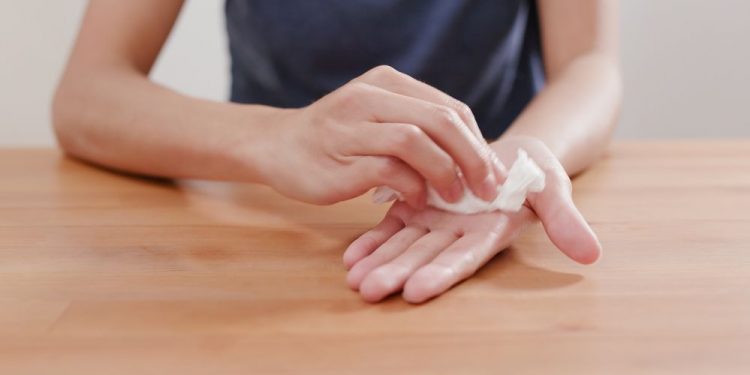The most common hyperhidrosis symptoms are excessive sweating in the hands, feet and axillae (armpits). In addition to these areas, it is also possible for patients to have excess perspiration on the head or chest.
When a person’s body temperature is too hot, nerves trigger the sweat glands to help cool the body down. This is normal because it helps the body regulate temperature. However, when someone has hyperhidrosis, the nerves trigger the sweat glands even when there is no need for them to.
Excessive sweating can be embarrassing and uncomfortable, and can affect a person’s social life, work and recreational activities. It can also have a negative impact on mental health.
Getting the right diagnosis is essential to determining the best treatment for your symptoms. Your doctor will look at your medical history and perform a physical exam to find out what is causing the sweating. Your doctor may recommend blood, urine or other tests to confirm the underlying cause of your hyperhidrosis.
Your doctor will probably refer you to a dermatologist or other specialist for evaluation. The specialist may also prescribe medicine that can reduce or stop your sweating.
There are two types of hyperhidrosis, primary focal and secondary generalized. Both have their own unique set of symptoms and treatments.

You need to know the type of hyperhidrosis you have so that you can talk with your doctor about the most effective treatments for your symptoms. This way, you can get the care you need to improve your quality of life.
The most common form of hyperhidrosis is called primary focal hyperhidrosis, which usually begins in childhood or adolescence. You don’t sweat excessively when you are sleeping, but you do have episodes of sweating at least once a week.
If you have primary focal hyperhidrosis, your doctor will likely prescribe topical antiperspirants, which are applied to the sweaty areas daily. The antiperspirants will dry the skin, which will reduce your sweating.
Another option for people who have primary focal hyperhidrosis is an oral medication called a vasopressin analogue. These are prescription medications that can reduce or stop your sweating by blocking the action of the neurotransmitter acetylcholine on your sweat glands.
Many patients with primary focal hyperhidrosis do not need to take medication to control their sweating, but others do. The oral anticholinergics can cause side effects, including dry mouth and eye irritation.
Your doctor can also recommend dietary changes or dietary supplements that can reduce your symptoms. For example, you might try a plant-based diet or avoid alcohol.
These changes might reduce your sweating and prevent you from developing bacterial infections on your hands or feet. You can also try acupuncture or yoga.
It is important to see your health care provider as soon as you notice that your symptoms are severe. In some cases, extreme sweating can be a sign of an underlying health condition such as endocarditis (inflammation of the heart).
Your doctor may order blood and urine tests to check your overall health. These tests will also screen for other conditions that can be a secondary cause of your excessive sweating.









